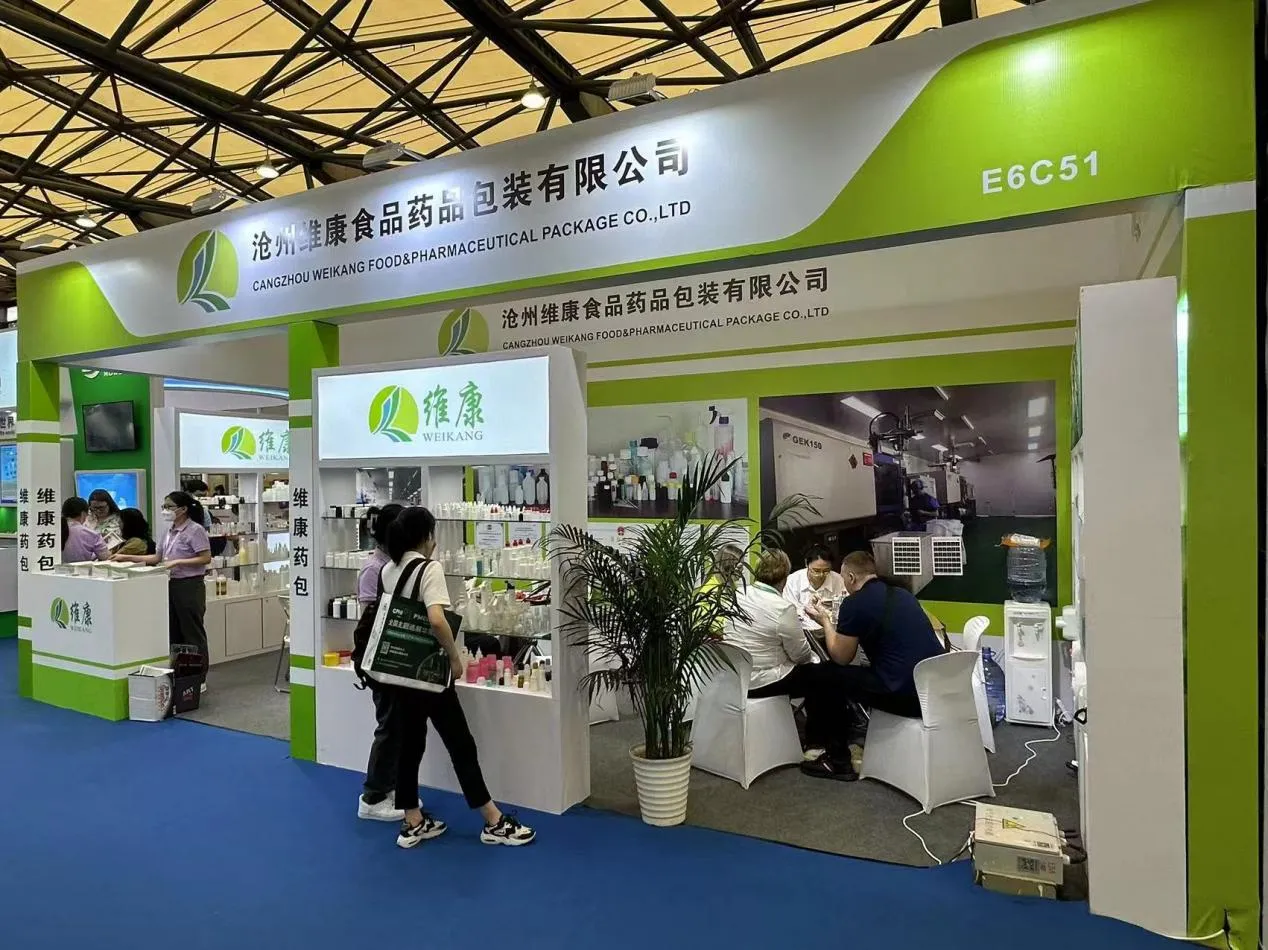https://www.wahmg.com/)">
Essential Supplies for Microbiology Laboratory Work and Research
Essential Supplies for Microbiology Laboratory Work and Research
Essential Microbiology Lab Supplies for Effective Research
Microbiology is a dynamic field of science that focuses on the study of microorganisms, including bacteria, viruses, fungi, and protozoa. Conducting experiments, testing hypotheses, and developing new methods require a well-equipped laboratory. This article outlines the essential supplies needed in a microbiology lab to facilitate effective research and experimentation.
1. Culturing Media
At the heart of microbiological studies is the cultivation of microorganisms, which requires various types of grow media. Agar plates, broth media, and selective media are foundational supplies. Agar plates are often used for isolating pure cultures from mixed populations. Broth media provide a liquid environment suitable for growing bacteria in bulk, while selective media are designed to allow the growth of specific types of bacteria or inhibit others. Pre-prepared media or components for preparing your own should be stocked in any microbiology lab.
2. Petri Dishes and Culture Vessels
Petri dishes are standard equipment for microbiology labs, essential for culturing microorganisms on agar plates. Alongside Petri dishes, various culture vessels, such as flasks and tubes, are vital for growing and studying microbes. These vessels allow scientists to manipulate growth conditions, including temperature, oxygen levels, and pH, to understand microbial behavior better.
3. Inoculating Tools
Inoculating loops and needles are indispensable for transferring microorganisms from one medium to another. These tools allow microbiologists to streak cultures for isolation, perform serial dilutions, or transfer specific colonies for further study. Disposable or sterilizable inoculating loops are widely used to maintain aseptic conditions and prevent contamination.
4. Incubators
Controlled environments are crucial for microbial growth, which is why incubators are a staple in microbiology labs. Incubators provide a stable temperature, humidity, and atmospheric conditions that are essential for nurturing various microorganisms. With adjustable settings, they allow researchers to create optimal conditions for each type of microbe under study.
5. Autoclaves and Sterilization Equipment
Sterilization is key in microbiological work to prevent contamination and ensure accurate results. Autoclaves use high-pressure steam to sterilize laboratory equipment, media, and tools. Additionally, UV sterilizers and dry heat sterilizers may be employed to maintain a sterile working environment. Having adequate sterilization supplies is vital for any lab aiming to uphold high standards of safety and precision.
microbiology lab supplies

6. Microscopes
A good microscope is critical for examining microorganisms and their structures. Light microscopes are commonly used for observing bacterial cells, while more advanced techniques, such as fluorescence or electron microscopy, allow researchers to visualize cellular processes and structures in unprecedented detail. Investing in high-quality microscopes ensures that scientists can accurately analyze their samples and gain insights into microbial life.
7. Safety Gear and Biological Waste Management
Microbiology labs must prioritize safety to protect researchers from exposure to pathogens. Essential personal protective equipment (PPE) includes lab coats, gloves, masks, and safety goggles. In addition to PPE, proper biological waste disposal systems must be in place to handle contaminated materials. Autoclave bags, sharps containers, and biohazard waste bins should be readily available to ensure that all waste is disposed of safely and in compliance with regulations.
8. Pipettes and Liquid Handling Equipment
Accurate liquid measurement is crucial in microbiology experimentation. Assigning tasks to various types of pipettes—such as micropipettes for small volumes and serological pipettes for larger volumes—ensures precision in liquid handling. Additionally, multichannel pipettes can facilitate simultaneous processing of multiple samples, increasing efficiency in high-throughput experiments.
9. Analytical Equipment
Microbiology research often requires analyzing microbial metabolism and growth rates. This is where analytical equipment comes into play. Spectrophotometers, for example, are used to measure the optical density of cultures, allowing researchers to estimate microbial concentration. Other instruments, like colony counters and gas chromatography systems, serve specific purposes in different microbiological studies.
10. Data Recording Supplies
Finally, thorough documentation is essential in any scientific endeavor. Lab notebooks, digital devices for data entry, and software for data analysis help keep a detailed record of experiments and results. Ensuring that all data is organized and accessible enables researchers to track their findings and refine their methodologies accordingly.
Conclusion
In conclusion, a well-stocked microbiology lab is essential for successful research. By ensuring the availability of adequate culturing media, inoculating tools, incubation equipment, safety gear, and analytical instruments, researchers can conduct experiments with confidence. These supplies not only facilitate the discovery of new knowledge but also uphold the rigorous standards that microbiological research demands. With the right tools, scientists can unlock the mysteries of the microscopic world, ultimately contributing to advancements in health, industry, and environmental science.
-
Wholesale Plastic Juice Bottles with Caps 16 oz Options Available Bulk Packaging SolutionsNewsJun.10,2025
-
Laboratory Apparatus Reagent Bottle – Durable & Chemical Resistant Bottles for Safe StorageNewsJun.10,2025
-
Squeezable Dropper Bottles Durable, Leak-Proof & CustomizableNewsMay.30,2025
-
Affordable Plastic Petri Plates Sterile & Disposable Lab-GradeNewsMay.30,2025
-
Eye Dropper Caps Precision 24/410 & Plastic Bottle-Compatible TipsNewsMay.30,2025
-
Affordable Mini Spray Bottle Price & Wholesale Deals Shop NowNewsMay.29,2025





















